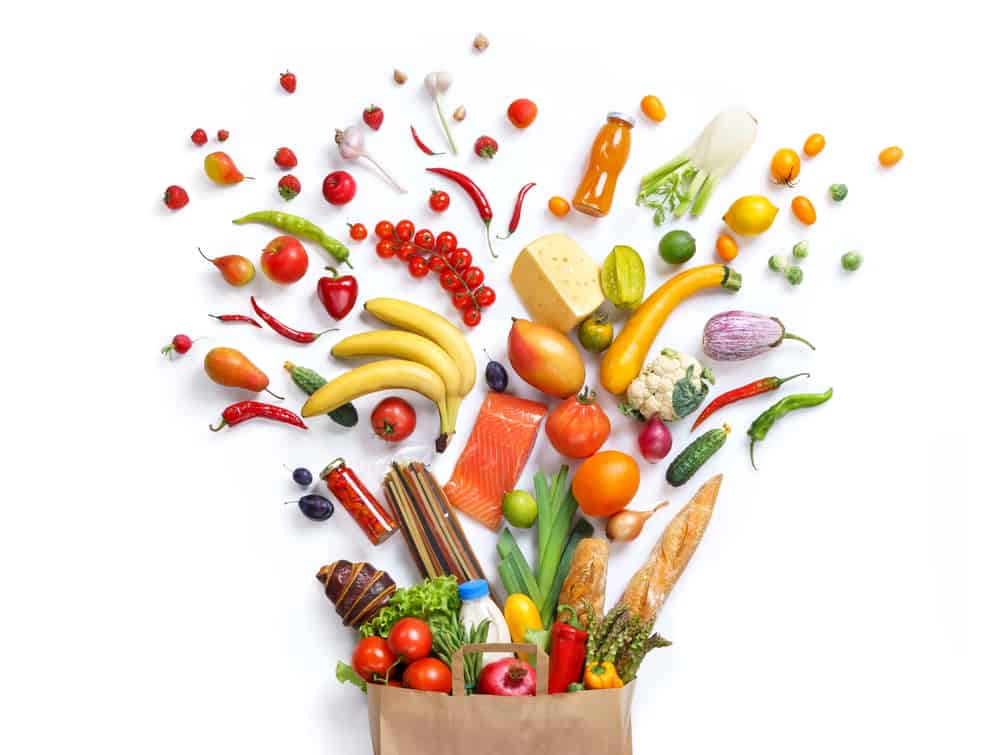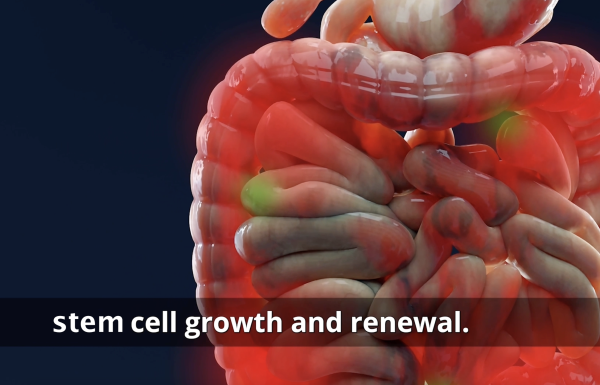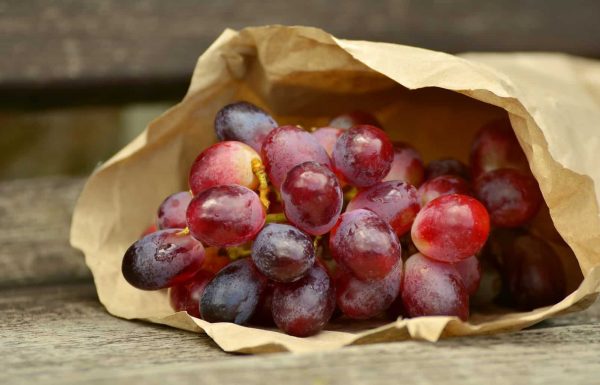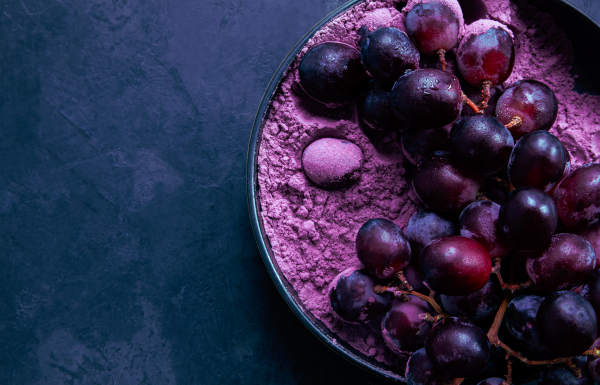The older we get the more sedentary we becomes, a known factor behind increased blood pressure. One good way to stop the clock, and keep hypertension at bay as we get older is to keep as active as
possible.
Age is a recognised risk factor when discussing high blood pressure or hypertension. As we age, our vascular system changes. Arteries lose their elasticity consequently in most people blood pressure goes up. In fact, up to 80% percent of people over the age of 65 have measurable high blood presses. This is not really surprising given that there are so many variables associated with high blood pressure and ageing.
We still do not fully understand why blood pressure changes with age, however, some contributors to this are;
Age related changes to our hormonal makeup – Men are at higher risk of high blood pressure from middle age onwards. Whereas, the risk of high blood pressure and heart disease increases for women after menopause.
Ability to process salt – as we age, our bodies ability to process salt decreases. Too much dietary salt is known to contribute to high blood pressure
Decreased Kidney function – If the arteries carrying blood from heart to kidneys aren’t working well, hormones are released that make the body retain more sodium and water. This causes the blood vessels to fill with additional fluid which causes and increase in blood pressure.
An older heart – Even with a healthy diet and regular exercise ageing is inevitable. Interference in the hearts pacemaker tissue because of fatty deposits in the tissue may impact the hearts ability to pump blood evenly. Degeneration of heart muscle can also affect blood pressure.
Changes to arterial wall structure – This is probably the biggest determinant in high blood pressure as we age. The narrowing and hardening of the arteries –arteriosclerosis – can lead to blockages with serious repercussions such as strokes or heart attacks.
What can we do?
The older we get the more sedentary we becomes, a known factor behind increased blood pressure. One good way to stop the clock, and keep hypertension at bay as we get older is to keep as active as possible. Eating well, reducing the amount of salt on our food, small portions of lean red meat or skinless poultry and lots of fresh fruit and vegetables high in antioxidants to maintain a healthy cardiovascular system.
In recent years ‘super-foods’ have become quite popular as they provide the body with antioxidants and polyphenols that fight free radicals that can cause damage to the arterial wall leading to hardening of the arteries and high blood pressure. These foods usually come in the form of a powder containing the same polyphenols found in grapes. The powder can be added to any drink or food and consumed regularly, even on a daily basis without the negative effects associated with alcohol and sugar. It is a practical and effective solution for people who do not consume large amounts of fresh fruit and vegetable.
One such superfood is VINIA. With over a decade of research to support its claims, one sachet of VINIA® per day contains antioxidants and polyphenols (40 mg), including resveratrol (5 mg) to support heart health and promote healthy blood circulation. This is equivalent to receiving the benefits of drinking one bottle of red wine or eating 1,000 grapes, without the sugar or alcohol.
VINIA helps;
• Improve blood circulation
• Keep arteries flexible
• Maintain blood pressure already within normal range
• Fuels antioxidant activity in blood vessels and arteries






